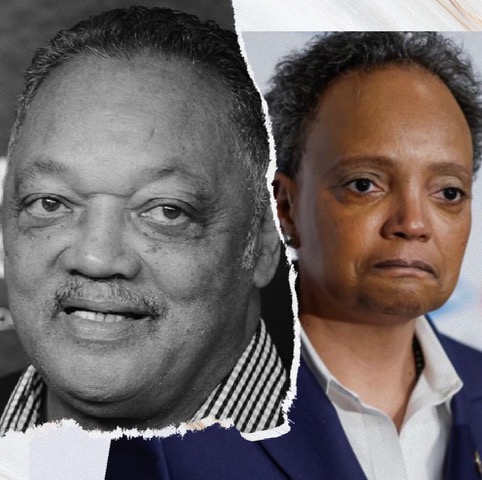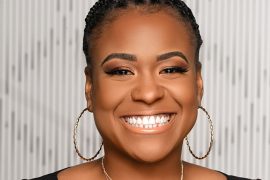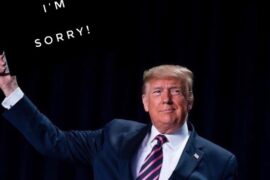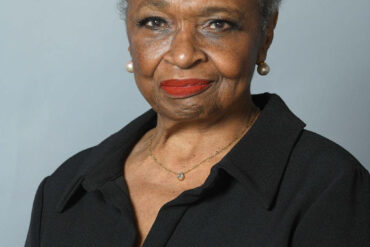The primary mayoral election is over. Votes are still being counted,the official count is due March 14. What does that mean? It means that it “ain’t” over till the fat lady sings! To date, there are 161,000 mail-in votes to be counted. The general election is on April 4. This is a brief window.
The voting is divided between those who choose early voting, mail-in votes, and voting in person. Chicago is the most accessible voting city in the nation. You can even register to vote and vote on the same day. Yet, the majority did not go to the polls.
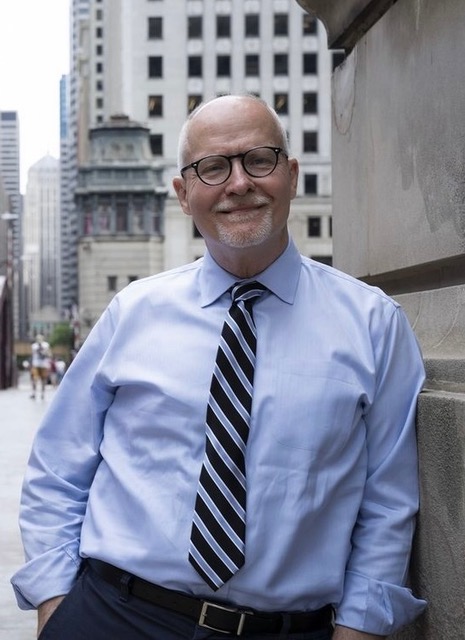
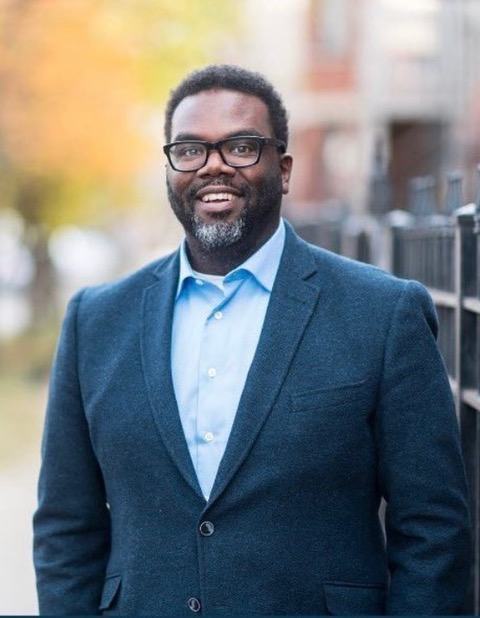
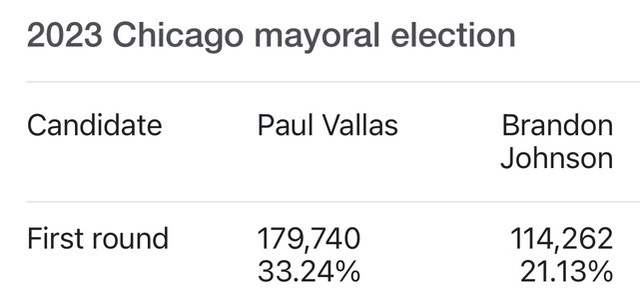
So, the election results are that Paul Vallas won with a white voting block and a well-disciplined campaign with a one-dimensional message – crime, crime, and crime. It is top of mind for all of the city. The police union backed him. People all over Chicago live in fear and are sick and tired. Overall, Chicago wants crime addressed, and Vallas focused on the city’s most pressing issue. He succeeded as the top candidate with 33.24% of the vote.
Brandon Johnson, an educator, and a fresh political face, placed second with 21.13% of the vote.
Lightfoot makes history by coming in third with 16.91% of the vote as an incumbent. Lightfoot carried the Black wards, but she needed more voters. Brandon won with what is being labeled “progressives.” But he did not carry a Black ward.
How Chicago Neighborhoods Voted…
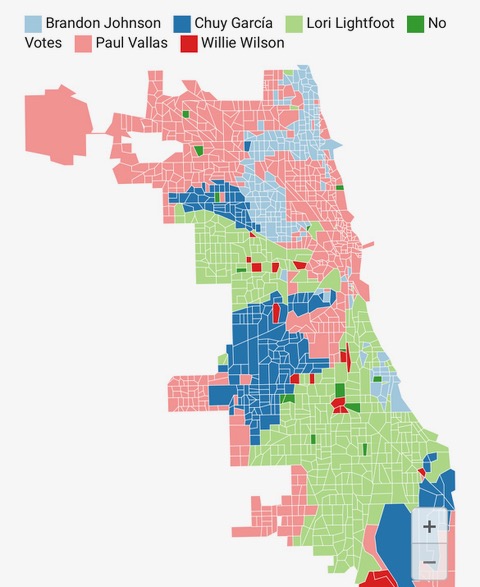
Only one-third of Chicago voted. The majority of Chicago DID NOT VOTE. Why? Many say there needs to be crystal clarity with so many candidates, and they cannot choose between the multiple candidates. Young people say it doesn’t matter and are not engaged in the political process. The turnout reveals that older voters voted. The voters are 55 plus; the most significant voting block is with ages 55-64, followed by those 65 to 74. Young voters 18-24 represent only 3.14% of the voters, so much for Jamal Green‘s statement that young voters will come out and show up. They didn’t. There is much work to do for all politicos. The voters must come out. We must do something to appeal to young voters. What, I don’t know.
Amongst the mayoral candidates, two alderpeople were protest candidates. Angry at Lightfoot, they left City Hall determined to challenge Lightfoot at the polls. Willie Wilson, the folk hero, pulled 50,000 votes, enough to cause Lightfoot a downfall. He was angry with Lightfoot and may have caused her the election with his 9.3%.
Who Won?
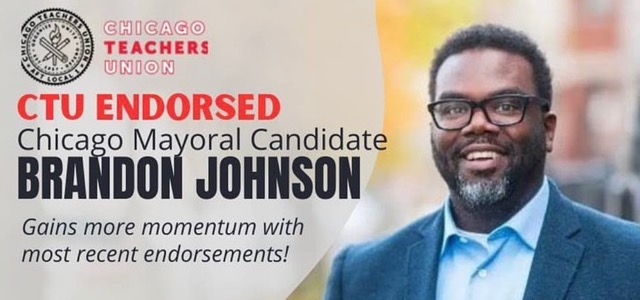
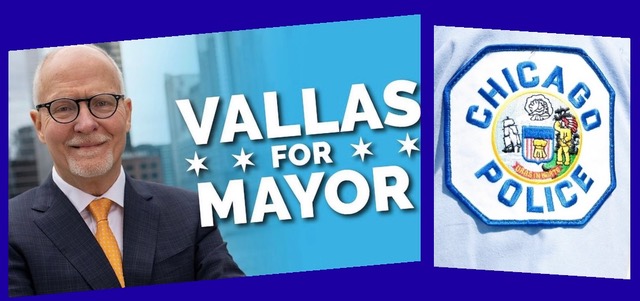
So, who wins? The unions won the Chicago Teachers Union for Brandon and the Chicago Police Union for Vallas. The question on the street is will the teachers or the police union run City Hall? So, the sentiment goes, a vote for the candidate is also a vote for the union. There’s a new element in the political process. Union participation with candidates has always been vital but not the dominant factor. The voting blocks and financial support were most significant in this election. It was a union election.
This election was historic. Lightfoot lost, as did Jane Byrne, some 40 years ago, as she sought a second term. Does that mean Chicago does not like women the second time around? Are the voters harder on the women than the men? You decide. None of the candidates conducted a voter registration campaign.
Where Was Jesse?
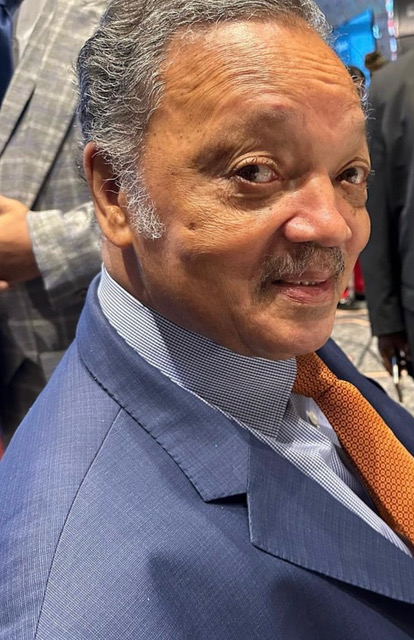
Enters Rev. Jesse Jackson. He did not enter the race and didn’t endorse any of the candidates. Instead, the newly elected Congressman Jonathan Jackson endorsed Brandon Johnson on Dr. King’s birthday.
Senior Jackson’s presence was missing in this campaign. He is a major influencer, particularly with the age bracket that showed up at the polls. Why? Was it because the family left the public endorsing Jonathan, or was Jackson’s absence personal? His endorsement of Mayor Lightfoot might have made a difference. She was carried by the Black community, but not enough. The Jackson voice might have registered new voters and added to the voter’s roll. His leadership was missing in action.
The race could still be upset as thousands of votes are still being counted. At this point, it looks as though Vallas is the next mayor. His lead in the election is considerable. The new polls show him with a considerable lead. His voting block is firm, he knows how the city operates, and he is a master of the budget. A Daley protege, he has a record that will be discussed and challenged. But he must defend his past job positions as he explains his vision for the city. His challenge is not to engage in racist fear tactics and to keep the Republicans out of the race. He will be well financed.
Johnson and Vallas both have to appeal to the Black and Latin voters. The city has to be united in the vote and with the people’s will. Both candidates have to land in the middle. Jackson’s endorsement might have made a difference. Lightfoot needed a mere 5% more votes to place her in the run-off. The final count is not in. The fat lady is waiting to sing.
The new race has three major components – racial, generational, and unions. The only significant endorsements at this point that might influence the mayoral outcome are from Mayor Lori Lightfoot and Willie Wilson. They have numbers. But can they broker their voting population?
New campaigns are mounting, and prayerfully, I hope the city is not divided racially by tribal-type politics. Hopefully, the candidates can stick to the issues. And with anticipation with just two candidates in the race, maybe more voters will go to the polls on April 4.
Lessons Learned From This Election…
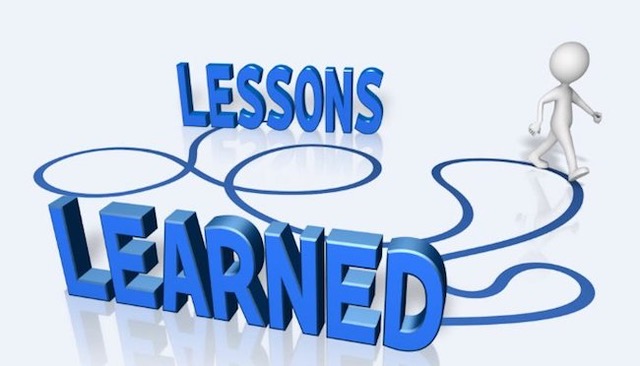
So, here are the lessons I learned from this election.
- Unions matter
- The Black vote is up for grabs and can be a determining factor for both candidates.
- Will the endorsements of those who lost the race matter? Can they broker their votes?
- Incumbents don’t necessarily have an advantage.
- There is a generation gap among voters.
- Chicago has a new voter called “progressive.”
- Voters can become confused when there are too many candidates in the race.
- A new fresh face can enter the race and win. We have seen fresh faces win in the last two mayoral elections.


